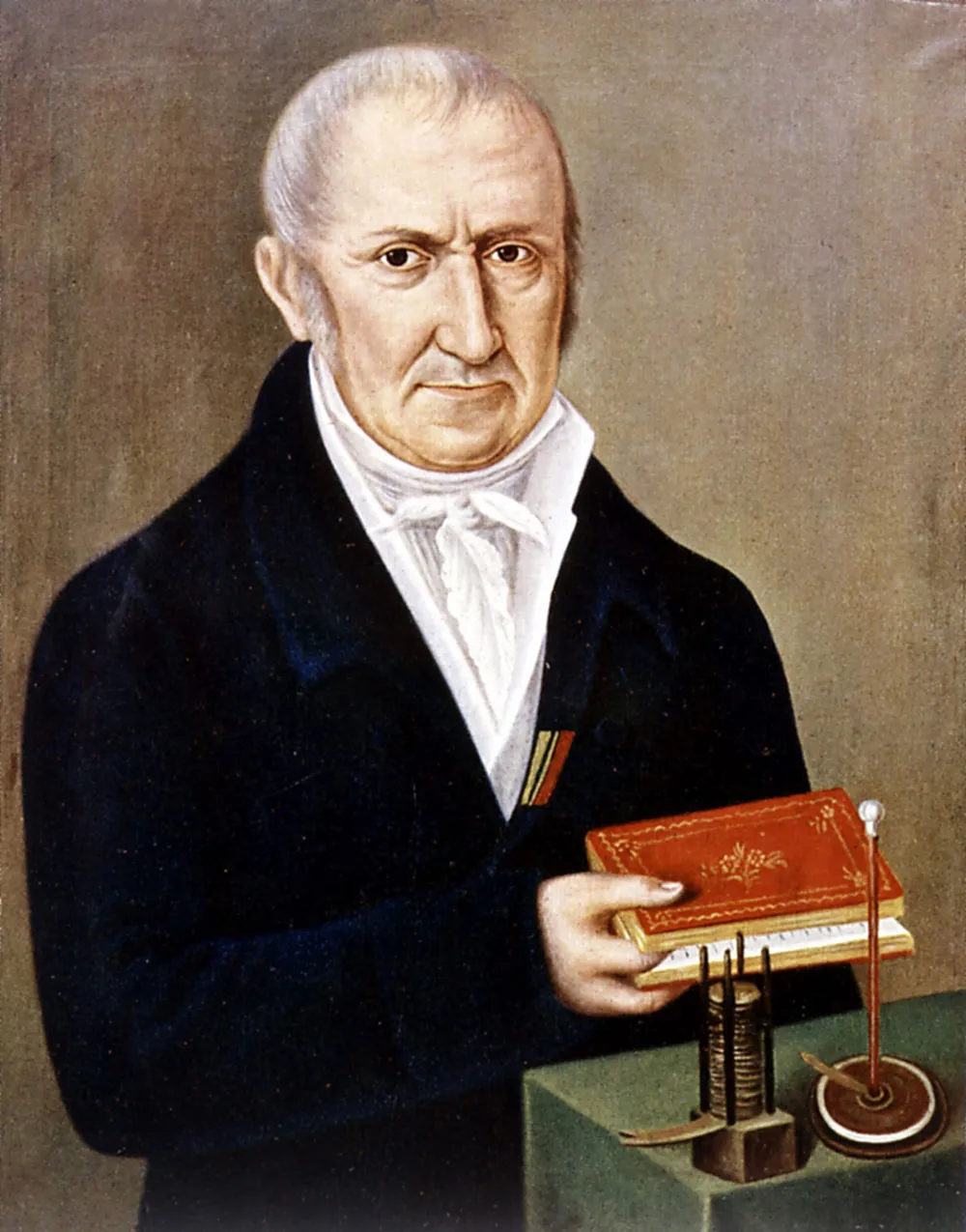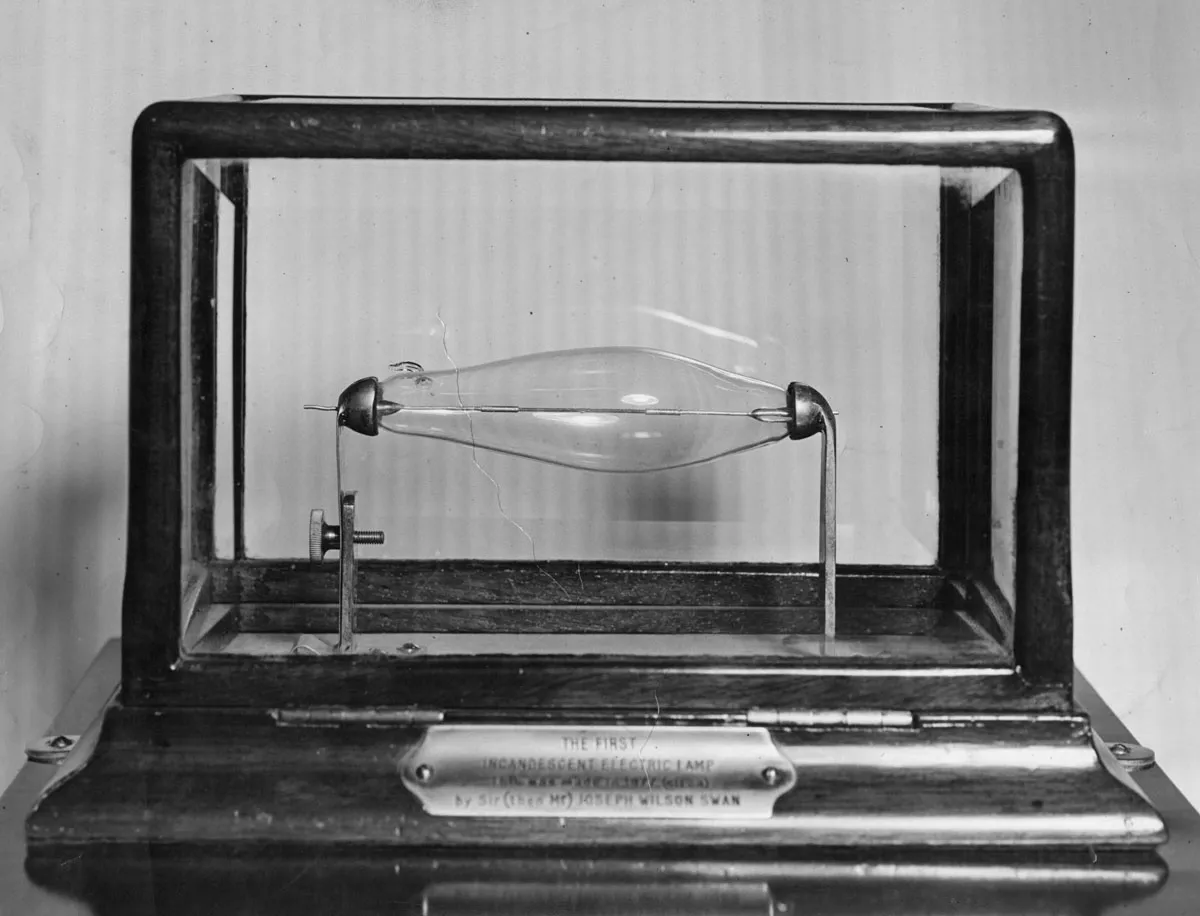Everyone thinks it’s Thomas Edison, but it’s a bit more complicated than that – several inventors played a part in the creation of the light bulb. In fact, scientists including Alessandro Volta, Humphrey Davy, James Bowman Lindsay, Warren de la Rue, William Staite, and Joseph Swan all played their part in its eventual creation.
Various iterations of the bulb were developed and patented but Thomas Edison takes the credit for creating the world’s first practical light bulb, but did he really invent it?
Bulbs before Thomas Edison
There were multiple bulbs created before Thomas Edison offered his solution to the incandescent light problem in 1879: the carbon filament light bulb.
Many different minds worked on creating the world’s first light bulb. Alessandro Volta, the namesake of the volt, is credited as the inventor of the electric battery and developed the voltaic pile in 1799-1800.

Thanks to the light it emitted in its copper wire, the voltaic pile could be considered one of the earliest forms of incandescent lighting. Humphry Davy in 1802 used the voltaic pile (connected them to charcoal electrodes) to create the ‘electric arc lamp’.
The rudimentary lamp, which shone too bright and burned out too quickly, was an important breakthrough, but James Bowman Lindsay and Warren de la Rue expanded on the idea in 1835 and 1840, respectively, to create arguably the first close resemblance to the light bulb we know today.
James Bowman Linday’s bulb used copper filament and Warren de la Rue’s used coiled platinum filament. Both bulbs were not practical enough for everyday use. Copper filaments burned out too quickly and the price of platinum meant Warren de la Rue’s bulb was simply too costly.
Finally, we move on to William Staite, whose clockwork mechanism and carbon rods-based bulbs gave public demonstrations of his work, one of which was seen by Joseph Swan. Ultimately, the cost of the batteries needed to power Staite’s lights proved fatal for his influential design.
Joseph Swan
Joseph Swan, alongside Thomas Edison, is the person most credited with the invention of the light bulb. The Sunderland-born chemist created the first successful incandescent filament electric lamp and gave public demonstrations of it in late 1878 and early 1879.
After dabbling with carbonised paper filaments, Swan’s 1880 electric lamp design instead used carbonised cotton thread which produced far superior results in light longevity but still wasn’t perfect due to the thickness of his filaments. This was going on around the same time as Thomas Edison’s own work with cotton thread filaments.

Edison’s combination of thin carbon filament design with better vacuums made him the first to solve both the scientific and commercial challenges of light bulb design.
After a court battle in the UK which sided with Swan’s patent over another lamp maker’s, the two worked together under the commonly adopted Ediswan company and sold lamps made with a cellulose filament that Swan had invented in 1881.
Who really invented the light bulb?
It’s easy to say that either Joseph Swan or Thomas Edison invented the light bulb, but in reality they developed upon pre-existing work that dates back to the turn of the 19th Century. Alessandro Volta, Humphrey Davy, James Bowman Lindsay, Warren de la Rue and William Staite all played a role.
The light bulb, then, could be called a cumulative effort, with several key names involved in drafting the process before Swan and Edison created the practical bulbs that paved the way to what we have today.
Thomas Edison solved many of the electric lamp’s earliest problems by experimenting with the work done by others before him. He discovered the best mixture of thin carbon filament design and employed the use of better vacuum pump technology to make him the first person to develop a truly commercially-viable light bulb.
Read more:
